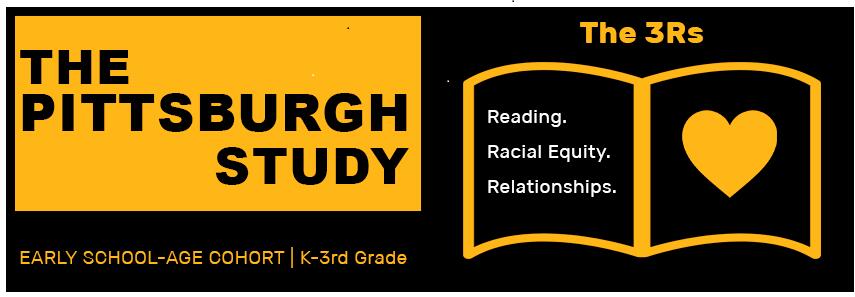
A handful of Steel Valley students and administrators participated in the virtual Healthy and Thriving Schools Summit from The Pittsburgh Study on Thursday, June 23. The Pittsburgh Study utilizes data and research to bring community and academic partners together to learn about child health and address root causes of inequity.
The Healthy and Thriving Schools Summit was hosted by co-directors Dr. Liz Miller and Felicia Savage Friedman and featured several segments led by experts on various programs and topics. Dean Valerie Kinloch of the School of Education at the University of Pittsburgh offered opening remarks on the importance of promoting racial equity and providing the tools and resources for children of all backgrounds to thrive academically.
Dr. Shannon Wanless, the Director of Pitt’s Office of Child Development and Associate Professor in the School of Education, and Dr. Shallegra Moye, the Executive Director of Brilliantly Blessed Community Health and Wellness, spoke about the 3Rs: Reading, Racial Equity and Relationships. The program focuses on students in kindergarten through third grade and is in place at Steel Valley's Barrett Elementary School.
The 3Rs introduce elementary students to high-quality, racially affirming books with protagonists of color, which can help encourage reading at a young age. It also provides professional development to teachers and staff to help them discover ways to navigate questions their students may have about race and improve their own literacy and instruction.
Dr. Jackie Rankine, adolescent physician at UPMC Children’s Hospital addressed research on chronic absenteeism, which is defined as missing 10% of school days. There are numerous causes for chronic absenteeism, including physical/mental health, school climate and safety, transportation, and more.
Steel Valley Superintendent Edward Wehrer stressed the importance of addressing the root causes of chronic absenteeism and how important it was to differentiate the causes of chronic absenteeism from the traditional concepts of truancy. Mr. Wehrer also noted prior to the pandemic Steel Valley had reduced chronic absenteeism to 18 percent, but that it had increased this year due to the physical and mental challenges posed by the pandemic.
“While we're trying to tell people you’ve got to send your kids to school, at the same time, we're saying there are times that you cannot because of the virus. So, it is a difficult challenge for us,” Mr. Wehrer said. “But, I believe in order to prepare our kids best for their futures, they need to be in school, and quite honestly their employers are going to be expecting them to be at work more often than missing 10% of workdays.”
Additional topics during the summit included a presentation from James Huguely, the Associate Dean for Diversity, Equity and Inclusion at the University of Pittsburgh School of Social Work, about the Just Discipline Project. The program offers a different approach to the traditional discipline structure of suspensions and referrals, which can lead to early exposure to the criminal justice system for students. Just Discipline’s series of supports and initiatives have seen a reduction in suspensions and referrals in its partner schools as well as increased academic proficiency.
Students from a variety of districts shared their experiences on being involved in Youth Leadership in Action and the Creating Peace programs. Kristi Burry, the manager of Health and Prevention at UPMC Children’s Hospital of Pittsburgh Division of Community Health, presented information on the partnerships with the Healthy Schools Program, which includes partnerships with organizations like Kids of Steel, Girls on the Run, and the UPMC Care Mobile, all of which have a presence in the Steel Valley School District.
Through its participation in The Pitsburgh Study and its partnership with UPMC Children’s Hospital, Steel Valley has been able to provide additional resources to the district in order to support the needs of students and families.

.png)
.png?mask=1)